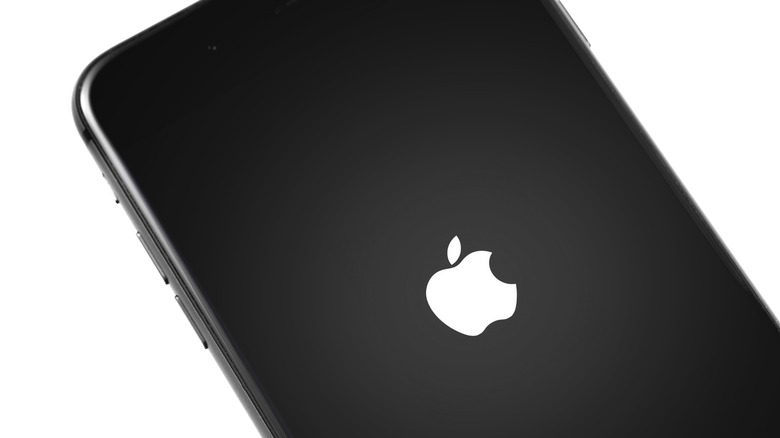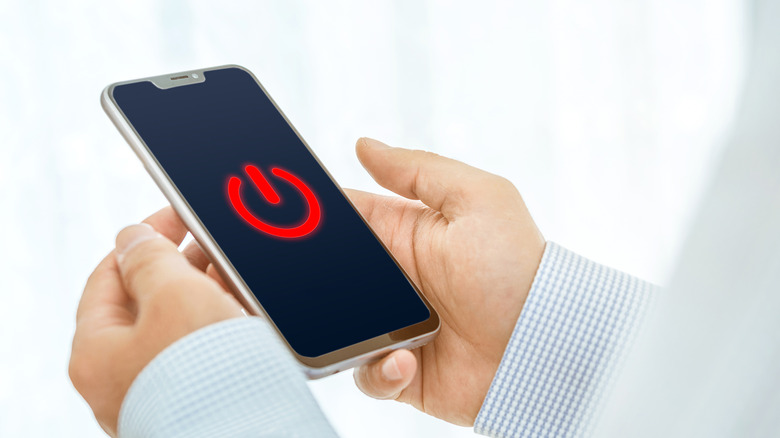Why You Should Be Restarting Your iPhone More Than You Might Think
It has been more than 18 years since Steve Jobs introduced the first-generation iPhone at MacWorld 2007. Since then, Apple has released a new generation of the iPhone almost every year, with the iPhone 16 being the latest one at the time of writing.
However, like any other devices, iPhones have also found themselves facing various issues since their first release. One solution that serves as a simple remedy for most of the problems you face is simply restarting the iPhone. Whether your iPhone's keyboard has stopped working or it keeps disconnecting from the Wi-Fi, restarting the iPhone can solve the problem in no time.
The National Security Agency (NSA) released an infographic in 2020 featuring 16 pieces of advice that every smartphone user should practice to keep their device safe. One of those pieces of advice was to restart your smartphone every week. That said, let's check out why you should regularly restart your iPhone and, most importantly, how you can do that.
Why it's important to restart your iPhone regularly
If you've been an iPhone user for a long time, then you would agree that sometimes it starts to lag very badly or its performance becomes slower than usual. This generally happens because of a huge amount of RAM that gets cluttered after using the device for a long time. Upon restart, this cluttered RAM is cleared; as a result, your iPhone starts to perform better. You'll find numerous posts on Reddit and many other forums about how restarting helped users fix the slowness of their iPhone.
According to the NSA, restarting the device regularly can reduce the chances of falling victim to spearphishing attacks and zero-click exploits. When you restart your iPhone, any exploits that have been planted are cleared out, thus protecting you from the cyberattacks. However, restarting the device shouldn't be your only line of defense against cybercriminals. You should take other measures, like avoiding clicking on suspicious links or downloading files from untrusted platforms, to make yourself more immune to cyberattacks.
How often should you restart your iPhone?
The answer to this depends on two factors, with the first being your iPhone generation. You are very unlikely to face slowness in most modern iPhones, like the iPhone 16 series. Furthermore, Apple regularly releases security updates, so as long as you are downloading them regularly, your device should remain safe from most types of cyberattacks.
However, older iPhone models like the iPhone X no longer receive updates from Apple and are often prime targets for cybercriminals. They are also less powerful than modern iPhones; as a result, they get slow after prolonged usage.
So, if you have an old generation iPhone that no longer receives updates and also starts to lag after long continuous usage, then you should restart your iPhone at least once per week. Of course, you should also restart your iPhone whenever it starts to act strange.
This is how you can restart your iPhone:
- Open the Settings app and choose the General option.
- Tap Shut Down and then move the slider to the right to shut down your iPhone.
After that, wait for a couple of seconds, and then press and hold the power button to turn on your iPhone. There's also a force restart action on iPhones, which you can consider performing in case your device is not responding.


